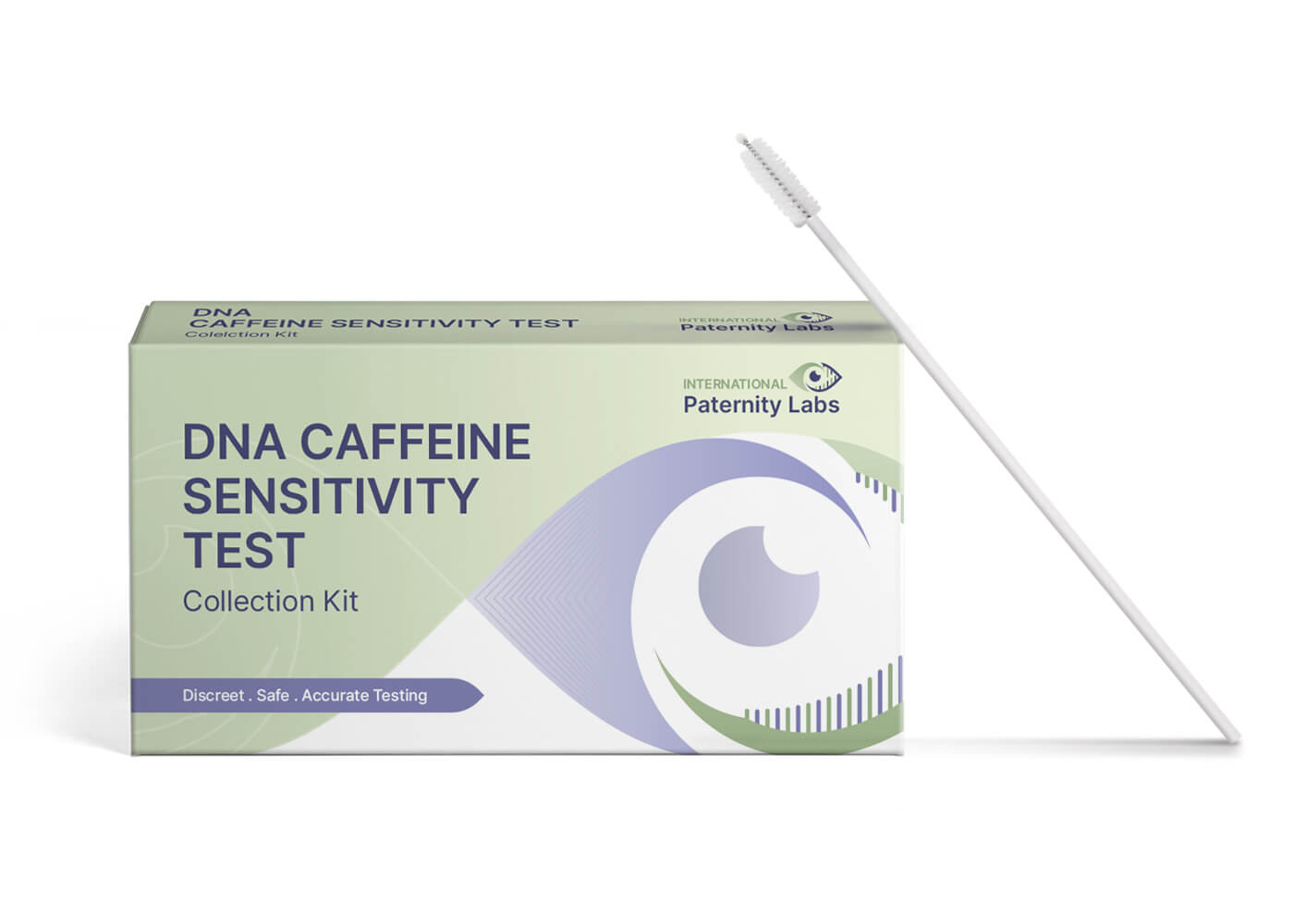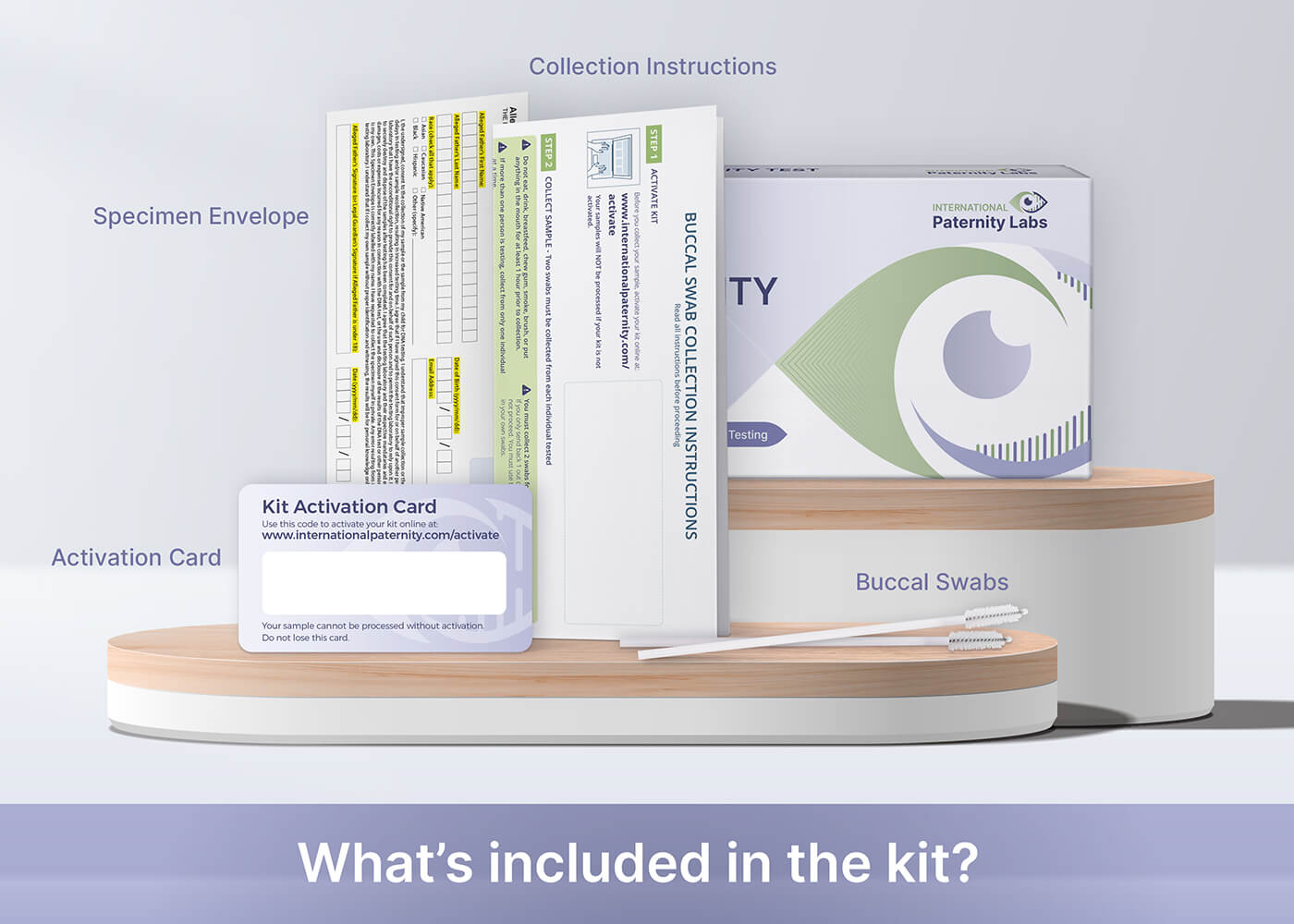DNA Caffeine Sensitivity Test
Curious about the necessity of reducing your caffeine intake? Uncover whether you metabolize caffeine quickly or slowly by taking the DNA Caffeine Sensitivity Test.
- Simple buccal swab sample collection
- Discreet, Safe and Accurate
- Includes all laboratory fees
$149.00
DNA Tests

Order Your Confidential Home DNA Test Online!
About this test
Description
Caffeine affects individuals differently based on their metabolism. Fast caffeine metabolizers eliminate caffeine more quickly, while slow metabolizers take longer to clear it from their bodies.
Prolonged circulation of caffeine increases the risk of heart attack and high blood pressure (hypertension). Slow metabolizers who consume more than 3 cups of coffee daily may elevate their risk of:
- A heart attack by 2 to 4 times.
- Hypertension by 3 times.
Consider this straightforward genetic analysis to assess whether your caffeine consumption might be impacting your health.
Technical Info
Approximately 95% of the body’s caffeine breakdown is facilitated by the CYP1A2 enzyme. This enzyme exists in two prevalent genetic variants: a “fast” metabolizer variant and a “slow” metabolizer variant.
The “slow” genetic variant is linked to diminished levels of the CYP1A2 enzyme, resulting in a slower rate of caffeine breakdown. Individuals inheriting the “slow” variant require more time to clear caffeine from their system.
Prolonged circulation of caffeine heightens the risk of heart problems and hypertension. For “slow” metabolizers, it is advisable to reduce caffeine consumption to mitigate these risks.
100% Confidentiality
As our client, your privacy is extremely important to us, and we hold all information provided us in strict confidentiality. We will never sell, resell or make available your personal, or financial information to other companies or organizations. You will only be contacted using the method you choose, to confirm your order or to discuss your case. All communication is in the strictest confidence, and for that reason, we require you to create a password that will restrict access to your case. In addition, our privacy policies that have been established in our laboratory and offices safeguard the security of your case.




